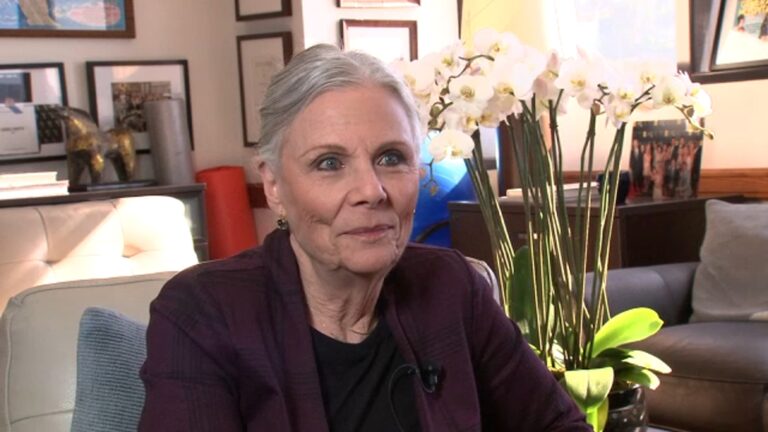
Introduction: Breaking Into Data Science Without a Traditional Degree
In today’s rapidly evolving tech landscape, the demand for data science professionals is booming. But what if you don’t have a degree in computer science, statistics, or a related field? The good news: yes, you can get a data science job without a degree. In fact, many successful data scientists have carved out impressive careers through alternative paths. Whether you’re switching careers, self-taught, or coming from a non-technical background, this guide will show you how to break into data science without a traditional degree.
Why a Degree Isn’t Always Necessary in Data Science
The Industry Is Skill-Driven
While a degree can provide a structured foundation, employers are increasingly prioritizing practical skills over academic credentials. What matters most is your ability to:
- Analyze and interpret complex datasets
- Build machine learning models
- Use tools like Python, R, SQL, and Tableau
- Communicate insights effectively
If you can demonstrate these competencies, you can compete with degree-holders in the job market.
The Rise of Alternative Education Paths
The explosion of online learning platforms like Coursera, edX, Udemy, and DataCamp has made data science education more accessible than ever. You can now:
- Complete certifications from top universities (e.g., MIT, Stanford)
- Build hands-on projects
- Earn micro-degrees or nano-degrees
These options allow you to learn at your own pace and focus on real-world applications.
How to Build a Data Science Career Without a Degree
1. Master the Core Skills
Focus on acquiring the essential data science skills, such as:
- Programming: Python and R are widely used in the field
- Data Manipulation: Proficiency in Pandas, NumPy, and SQL
- Statistics & Mathematics: Understanding probability, distributions, and linear algebra
- Machine Learning: Learn algorithms, model evaluation, and deployment
- Data Visualization: Tools like Matplotlib, Seaborn, and Tableau
2. Create a Strong Portfolio
A well-crafted portfolio can be more persuasive than a resume. Include:
- Jupyter Notebooks or GitHub projects
- Kaggle competition submissions
- End-to-end projects (data collection to insights/predictions)
This shows employers that you can apply your knowledge to real-world problems.
3. Get Certified
While not a substitute for a degree, certifications can validate your knowledge and show commitment. Look for:
- IBM Data Science Professional Certificate
- Google Data Analytics Certificate
- AWS Machine Learning Specialty
These can help you stand out in a competitive market.
4. Network and Join the Community
Building connections can open up job opportunities and mentorship. Try to:
- Attend meetups and tech conferences
- Join LinkedIn groups or Slack channels for data professionals
- Contribute to open-source projects
Being active in the community demonstrates passion and initiative.
5. Apply Strategically
When applying for jobs:
- Tailor your resume to highlight relevant skills and projects
- Use a compelling cover letter to explain your non-traditional path
- Look for entry-level or internship positions to gain experience
Don’t be discouraged by job descriptions that list a degree as a requirement. Many companies are flexible if you can prove your value.
Real Success Stories
Many professionals have successfully transitioned into data science from unrelated fields like marketing, education, and even the arts. Their stories often include:
- Learning online
- Building a strong portfolio
- Networking their way into opportunities
These examples prove that determination, not a degree, is the key to success in data science.
Conclusion: Your Future in Data Science Starts Now
A degree can be helpful, but it is not a gatekeeper to a career in data science. By focusing on skills, experience, and networking, you can forge your own path and land a job in this exciting and growing field.

Andre Cuevas provides career insights, job search strategies, and professional advice to help individuals navigate the job market and achieve their career goals.





